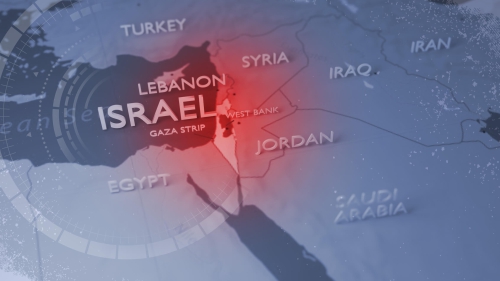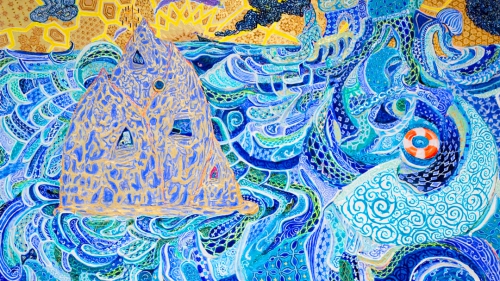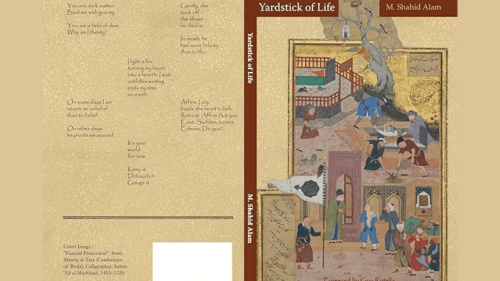Services
Highlights
Quran 4:82
News Around the World
WORLD AFFAIRS
POLITICO.COM
Iran fires air defense batteries in provinces as sound of explosions heard near Isfahan
WORLD AFFAIRS
THECRADLE.CO
Erdogan’s trade embargo on Israel is entirely self-serving
WORLD AFFAIRS
MIDDLEEASTEYE.NET
Iran-Israel tensions: Only a grand bargain in the Middle East can avert regional war
WORLD AFFAIRS
MIDDLEEASTMONITOR.COM
Hypocritical Arab and Muslim countries help Israel kill more Palestinians while condemning it
WORLD AFFAIRS
MONDOWEISS.NET
The Shift: War with Iran?
WORLD AFFAIRS
ALJAZEERA.COM
Satellite images reveal the destruction of hospitals in Gaza
WORLD AFFAIRS
COMMONDREAMS.ORG
As surgeons, we have never seen cruelty like Israel’s genocide in Gaza
WORLD AFFAIRS
AXIOS.COM
U.S. vetoes Palestinian bid for full UN membership
WORLD AFFAIRS
RESPONSIBLESTATECRAFT.ORG
The F-35 fighter will now cost more than $2 trillion
MIDDLE-EAST
ZAWYA.COM
Oil prices dip as demand concerns outweigh Middle East supply fears
WORLD AFFAIRS
WASHINGTONPOST.COM
International diplomats say Israel looks set to respond to Iranian attack
WORLD AFFAIRS
ALJAZEERA.COM
Biden urges Congress to end impasse and send aid to Israel and Ukraine




















































